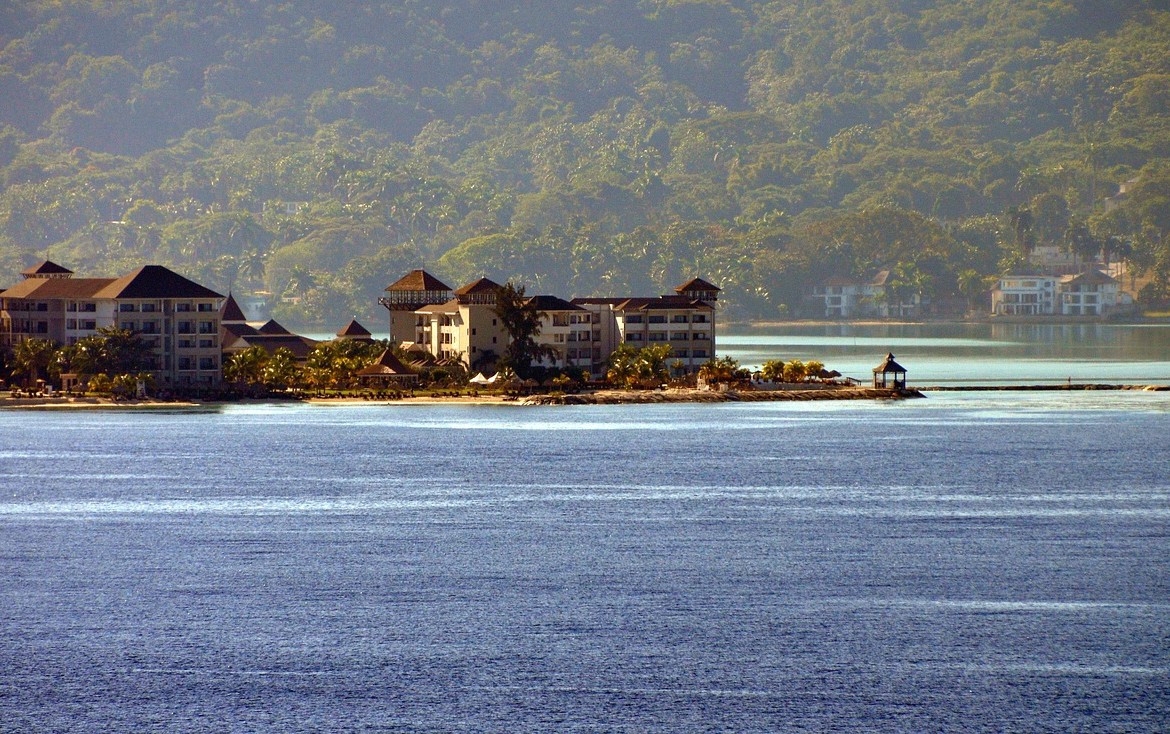
Are the Rising Ocean Temperatures a Danger to Human Health?
Vibrio infections are on the rise in the U.S. and Europe. This deadly marine bacterium is spreading as a result of the increasing ocean temperatures and global warming. Some strains can cause deadly disorders, cholera, blood poisoning, and severe infections. As waters heat up, the risk of disease increases.
Studies indicate that waterborne Vibrio bacteria and other pathogens are rapidly spreading, posing serious threats to human health. In the U.S., these microorganisms cause over 100 deaths and 80,000 diseases each year. Vibrio cholerae, which is responsible for the onset of cholera, kills approximately 142,000 people worldwide annually.
Vibrio vulnificus and other species are also harmful to human health. These pathogens can infect people through undercooked fish and seafood, or from open wounds. Researchers seem to agree that rising ocean temperatures play a major role in the whole process. A few years ago, these bacteria were not a threat. Today, they are killing hundreds of thousands of people from all over the world.
A recent study has found that currently, the number of Vibrios is two or three times higher than it was in the past. This change could be due to the increase in water and climate temperatures. The average global temperature at the sea surface has risen about 1.5 degrees Fahrenheit over the past 50-60 years.
There’s no doubt that global warming contributes to the transmission of Vibrio diseases. Currently, there are over 110 species of Vibrio bacteria living in the water. In the U.S., the cases of foodborne infections caused by this bacterium have increased by 116 percent between 1998 and 2012. Some species may cause fatal, gastrointestinal illnesses, watery diarrhea, ear infections, and respiratory disorders. People living near the ocean can prevent these conditions by avoiding raw and undercooked fish, and avoiding ocean water if they have open wounds. Also, it’s recommended to wear rubber gloves when handling raw fish and seafood.
